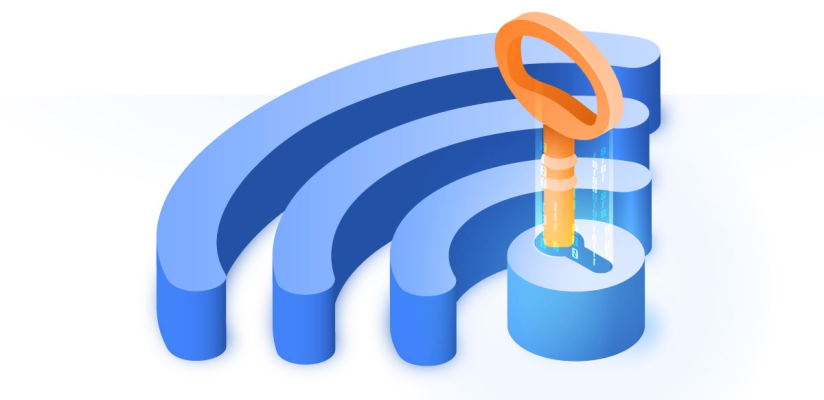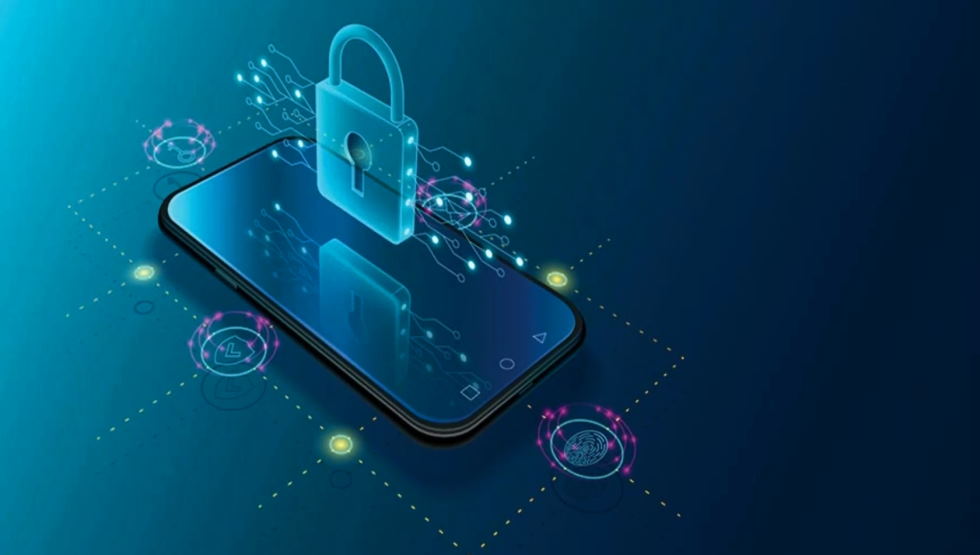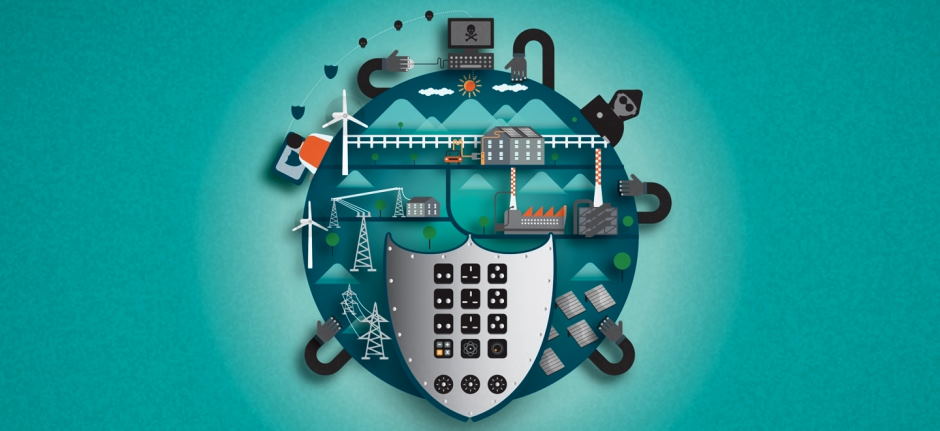Ways to Improve the Security of Your Cellular Connections
As technology advances and more people rely on cellular devices to stay connected, it is important to be aware of the security risks associated with using these devices. While cellular networks are generally secure, you can do a few things to help protect your data. This post will discuss some of the security features available on cellular networks and how to use them to keep your information safe.
How safe is cellular data?
The technologies that keep our cellular networks safe are constantly evolving, and the experts who work on them are always finding new ways to protect our data. But you can do a few things to help keep your cellular connection secure.
First, be sure to use a strong password for your device. A strong password should be at least eight characters long and include a mix of letters, numbers, and special characters. Avoid using easily guessed words like your name or birth date. And never use the same password for more than one account.
Second, keep your software up to date. Security patches are released regularly for both operating systems and apps. Installing these updates as soon as they’re available will help keep your device safe from the latest security threats.
Third, be cautious about the apps you install. Only download apps from trusted sources, such as the official app store for your operating system. And be sure to read the reviews and ratings before you install anything.

Finally, pay attention to your surroundings. For example, if you’re using public Wi-Fi, be aware that there may be others who can access your data. Use a VPN to encrypt your data and help protect your privacy.
By following these simple tips, you can help to keep your cellular connection safe and secure.
Security of cellular connections: how to keep your data safe
- Use a VPN
A VPN, or Virtual Private Network, is a great way to improve the security of your cellular connections. A VPN encrypts your traffic and routes it through a secure server, making it much more difficult for anyone to intercept your data. There are many great VPN options available, so be sure to research the one that best suits your needs.
- Use a Secure Wireless Network
If you’re using public Wi-Fi, connect to a secure network. Using an unsecure network puts your data at risk of being intercepted by someone else on the same network. To stay safe, only connect to networks that require a password and avoid using public Wi-Fi hotspots whenever possible.

- Keep Your Software Up to Date
One of the best ways to improve your security is to keep your software up to date. This includes your operating system, web browser, and installed apps. Newer software versions often include security improvements that can help protect you from the latest threats. So be sure to check for updates regularly and install them as soon as they’re available.
- Use a Firewall
A firewall can also help improve your security by blocking incoming connections that could be malicious. If you’re unsure how to set up a firewall, many great options can be easily installed on your computer or router.
- Be Careful What You Click
Be very careful about the links you click and the attachments you open, especially if you’re not expecting them. Many cyberattacks start with an email or social media message that includes a malicious link or attachment. So if something looks suspicious, it’s best to err on the side of caution and avoid clicking it.
Following these tips can help improve your security and make it much more difficult for someone to intercept your data. But remember, no security measure is perfect. So always use caution and good judgment when sharing sensitive information online.



